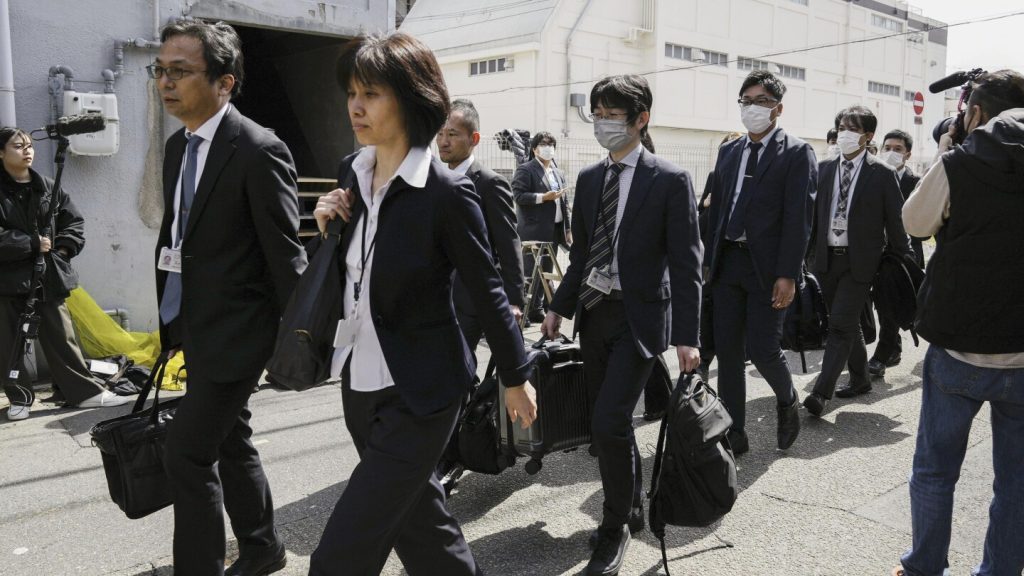Japanese government health officials raided a factory in Osaka producing health supplements that have been linked to the deaths of at least five people and the hospitalization of over 100 others. The supplements, produced by Kobayashi Pharmaceutical Co., contained a red mold called benikoji, which was supposed to help lower cholesterol levels. The company had sold approximately a million packages of these supplements over the past three fiscal years, and some of the products had been exported. Reports of health issues related to these supplements surfaced in 2023, although benikoji has been used in various products for years.
Following the reports of illnesses and deaths, the company’s president, Akihiro Kobayashi, issued an apology for not acting sooner. The recall of the supplements was initiated on March 22, two months after the company had been informed about the issue. By that time, five people had already died, and 114 others were receiving medical treatment. Japan’s health ministry attributed the deaths and illnesses to the consumption of these supplements and warned that the number of affected individuals could increase. This incident has led to concerns about the deregulation initiatives that aimed to streamline the approval process for health products to boost economic growth, as deaths from mass-produced items are rare in Japan due to stringent government checks.
In response to the supplement-related illnesses, the Japanese government has ordered a review of the approval system for health products, with a report expected to be released in May. The investigation is being conducted in collaboration with government health authorities to determine the exact cause of the sicknesses, which include kidney failure. The company, Kobayashi Pharmaceutical, has been cooperating with the authorities in this investigation. The supplements containing benikoji were sold in drug stores without the need for a prescription from a doctor, raising concerns about the safety and regulation of such products.
The raid on the Kobayashi Pharmaceutical Co. factory was shown on Japanese TV news, with government health officials leading the investigation. The company had also supplied benikoji to other manufacturers, some of which exported products containing the mold. The incident has underscored the importance of stringent quality control measures to prevent such tragedies. With the number of affected individuals expected to rise, there is growing pressure on the government to address the loopholes in the approval process for health supplements and ensure the safety of consumers. The aftermath of this incident will likely prompt a reassessment of the regulations surrounding health products in Japan.
The deaths and illnesses caused by the benikoji-containing supplements have raised questions about the company’s responsibility in ensuring the safety of its products. The delay in recalling the supplements despite reports of health issues highlights the need for more proactive measures to protect consumers. As the investigation unfolds and more details emerge, there will be an increased focus on the regulatory framework governing health supplements in Japan. The measures taken by the government and the outcomes of the review of the approval system will shape the future of health product regulation in the country and determine how incidents like this can be prevented in the future.


